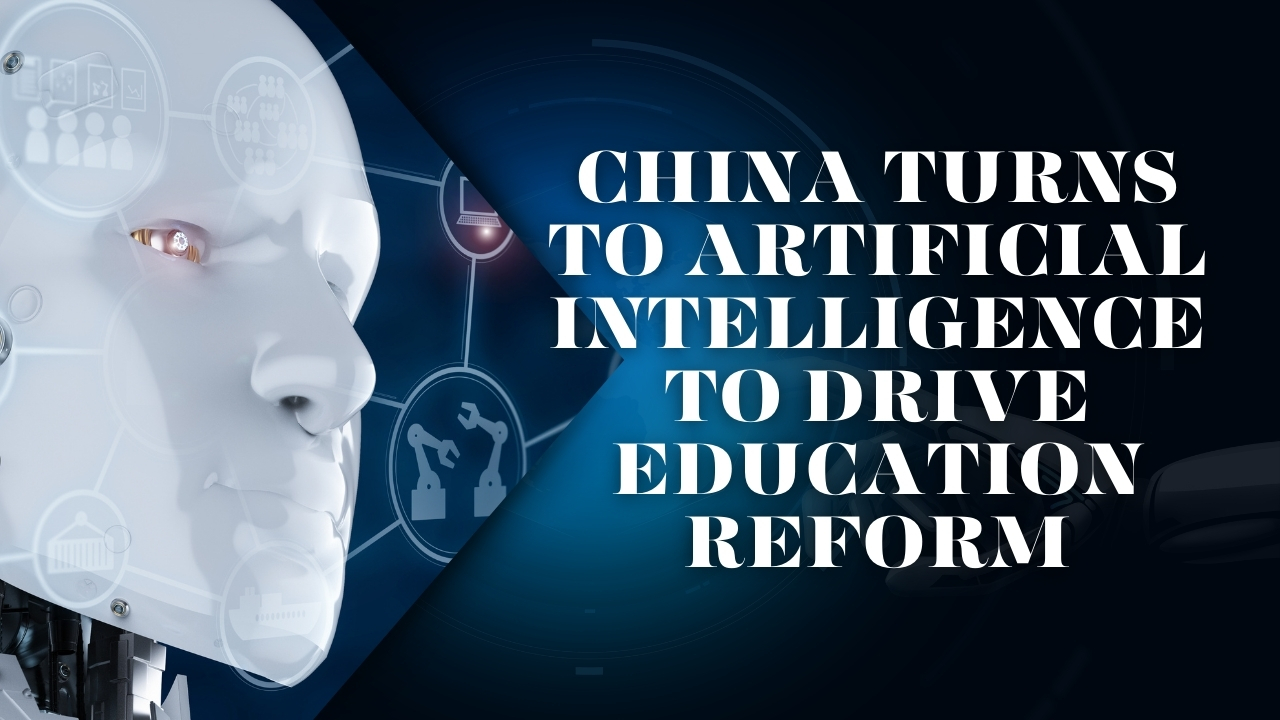A significant step in redefining the landscape of education, China turns to artificial intelligence (AI) throughout all levels of its educational system. The initiative, which was made public through China’s Ministry of Education, aims to include AI into the teaching methodology as well as curricula and textbooks in line with China’s larger plan to boost innovation and maintain economic growth.
This reform is aimed at the growth of fundamental skills for educators and students including self-directed thinking, problem solving communicating, as well as collaboration. Through the use of AI the classroom is anticipated to deliver more original and challenging material, creating the development of a more interactive learning environment.
The initiative is closely in line with the Chinese “strong-education nation” action plan that aims to make massive advancements in education before 2035, through the use of technology. It includes the creation of AI education centers in secondary and primary schools, and 184 schools have already been chosen as pilot sites to study AI education programs and models.
For Beijing, AI education is scheduled to be mandatory from in the fall of this year, and requiring schools to provide at least the equivalent of eight hours AI instruction every semester. The initiative covers the entire spectrum of compulsory schooling, from primary through high school. It includes specifically designed programs to facilitate engaging learning in a hands-on manner for children as well as advanced applications for more experienced students.
Chinese universities are also expanding AI-related courses and enrollment, particularly after the local startup DeepSeek gained global attention for launching a cost-effective large-language model. Institutions like Shenzhen University, Zhejiang University, Shanghai’s Jiao Tong University, and Renmin University of China are integrating DeepSeek into their curricula to enhance AI learning and address challenges related to security, privacy, and ethics.
The Ministry of Education has emphasized the need to cultivate creativity, scientific interest, and digital skills among students. Schools are encouraged to establish AI-related curriculums, incorporate AI into routine teaching content, and conduct regular evaluations. Students are expected to gain hands-on experience with AI technologies in their early primary school years, progressing to more complex applications in higher grades.
To support this transformation, authorities will encourage colleges, universities, research institutes, and high-tech companies to open their AI labs and exhibition halls to primary and secondary school students. An AI section will also be added to a national smart education platform to pool quality resources and enhance their accessibility.
Minister of Education, Huai Jinpeng, has said that he has compared AI to the “gold key” for the educational system, highlighting AI’s ability to define what the next generation of educators will look like, while offering both challenges and opportunities.
As China starts its exciting path towards integrating AI within the education system, the initiative’s success is contingent on the effectiveness of the implementation process, its continual monitoring, and the country’s capacity to adapt to the constantly shifting technology world.

